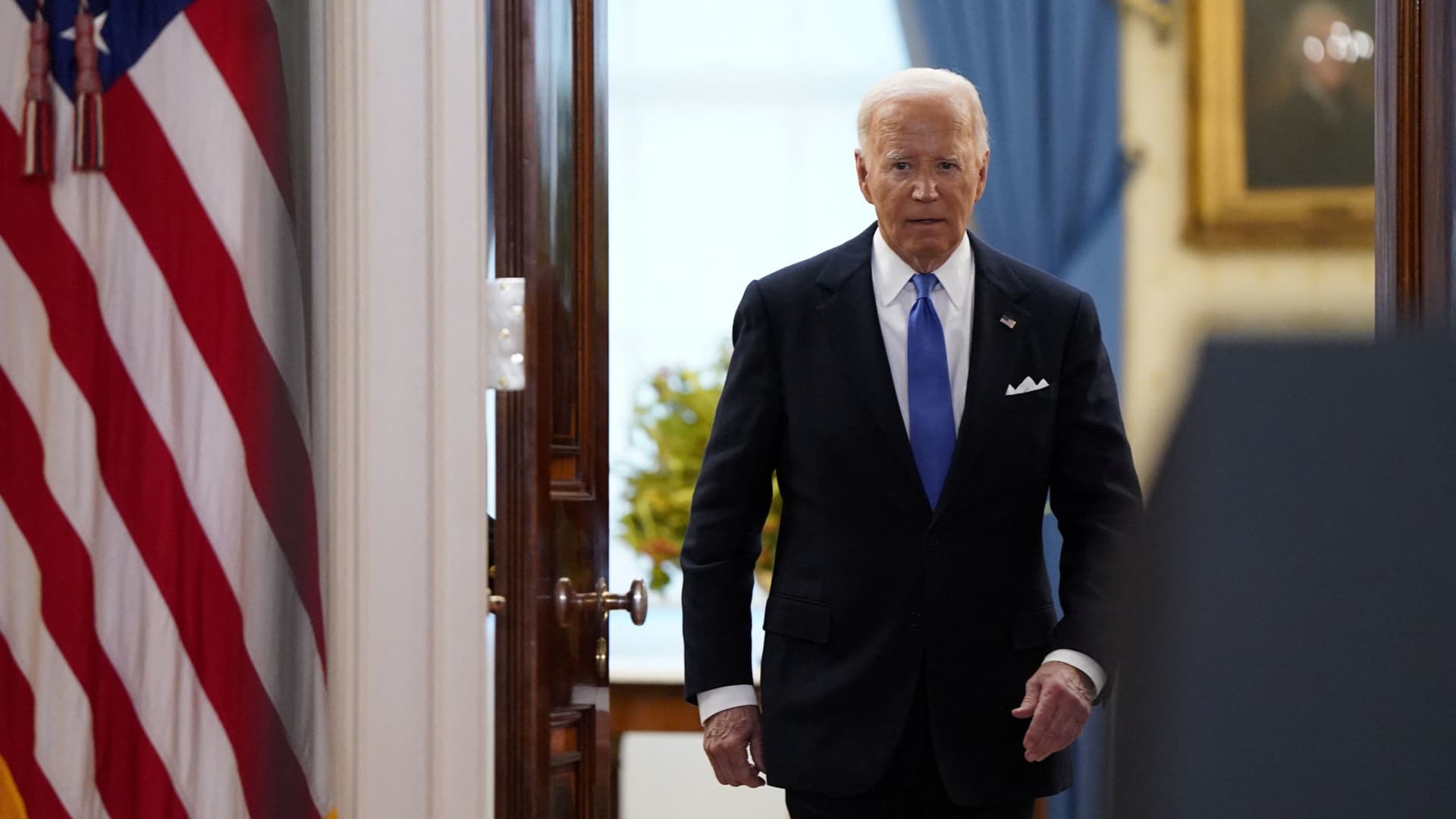Abigail Disney, the granddaughter to Roy O. Disney, who cofounded The Walt Disney Company, told CNBC on Thursday that she plans to withhold donations to the party she has funded for years until Biden drops out. The president has said he has no plans to withdraw from the race, despite calls for him to do so.
“I intend to stop any contributions to the party unless and until they replace Biden at the top of the ticket. This is realism, not disrespect. Biden is a good man and has served his country admirably, but the stakes are far too high,” Abigail Disney said in a lengthy statement to CNBC. “If Biden does not step down the Democrats will lose. Of that I am absolutely certain. The consequences for the loss will be genuinely dire.”



So then I don’t get a choice as to who becomes the executive at all. Wonderful.
Ranked choice still results in one of two candidates if those two candidates have near-majority support. They simply allow voters to pick one of those two candidates whilst expressing support for less-popular candidates. It creates MORE scenarios in which there are more than two candidates with a chance to win, but it neither eliminates the existing problem nor prevents it in all cases.
Ranked choice is better than FPTP. But it’s not a silver bullet to the issue being discussed.
Ranked choice’s end results are not the issue. It solves the problem because it allows multiple similar candidates to compete, which means the left wouldn’t have needed to winnow down to a single candidate. If Biden becomes incapable that’s fine, people have another candidate already available who wasn’t spoiling him by existing. And if we don’t all agree that Biden is incapable? Biden-stans can vote him first and the other candidate second, and vice versa, and one of them will garner the full vote of the left.
Again, I appreciate the advantages of ranked choice and support the implementation of ranked choice as a massive improvement over FPTP - but it’s not an answer to the question of “What system offers more than two choices, practically speaking, when two candidates have near-majority support”, which is the question under discussion.
What kind of nonsense question is that? These candidates both don’t have near majority support (polls of head to heads are not measuring that) and there’s no reason to have a different system if two hypothetical candidates actually did. Most people did not want this rematch in the first place.
If you have a situation where say there appeared to be two likely dominant candidates, but one crashes and burns spectacularly, other voting systems wouldn’t cause a default decision for their single opponent. And the people who thought Joe Biden was too old from the very beginning could already be supporting their replacement. Hell, we could just have all these potential replacements already competing and work it out in voting.
Despite insisting otherwise, PugJesus is a through-and-through centrist who prefers the convenience FPTP offers to those who don’t want things to fundamentally change.
It is the only reason he would be insisting on the head-to-head interpretation of “near-majority support” and only agrees to popular progressive positions when there is a systemic hurdle that prevents that position from coming to fruition.
75% of democratic voters would prefer a different candidate to Biden, I wouldn’t consider that a near-majority support.